Do your people need feedback?
Read MoreStrategic Discipline Blog
Lie #5: People Need Feedback – Truth: People Need Attention
Posted by Douglas A Wick on Mon, Jul 15, 2019
Topics: employee engagement, Fundamental Attribution Error, People Development, Growing Your People, Nine Lies About Work
Lie #4 CONTINUED - The Best TEAMS are Well Rounded – 3 Strategies
Posted by Douglas A Wick on Mon, Jul 8, 2019
If Excellence is Idiosyncratic, as we shared in Lie #4 The Best People are Well Rounded – BULL - Excellence is Idiosyncratic, how do leaders get the greatest performance from our people?
Read MoreTopics: employee engagement, People Development, Growing Your People, Play to Your Strengths, Nine Lies About Work
Lie #4 The Best People are Well Rounded – BULL - Excellence is Idiosyncratic
Posted by Douglas A Wick on Mon, Jul 1, 2019
Topics: employee engagement, Strengths, People Development, Growing Your People, Play to Your Strengths, Nine Lies About Work, EXCELLENCE IS IDIOSYNCRATIC
Topics: employee engagement, planning, Strategic Planning, People Development, Nine Lies About Work
Topics: employee engagement, planning, Strategic Planning, People Development, Nine Lies About Work
Nine Lies About Work - #1 People Care Which Company They Work For
Posted by Douglas A Wick on Mon, Jun 10, 2019
In the movie Eight Men Out 8 members of the Chicago White Sox are accused of throwing World Series games for money.
As Shoeless Joe Jackson enters the courthouse, a boy asks Joe, “Say it Ain’t so, Joe?”
In Nine Lies About Work: A Freethinking Leader’s Guide to the Real World, Marcus Buckingham, and Ashley Goodall isolate nine myths about work.
Is your business using methods and practices that, “Just ain’t so!”
Marcus Buckingham coauthored First Break All the Rules, when he worked at Gallup. It defined the idea and terms for Employee Engagement. Buckingham and Goodall wrote Reinventing Performance Management for HBR in April of 2015. This article demystifies beliefs about the workplace.
In their introduction, Goodall and Buckingham sum up their purpose for writing, “….these Nine Lies have taken hold because each satisfies the organization’s need for control……But the desire for simplicity easily shades into a desire for conformity, and before long this conformity threatens to extinguish individuality. Before we know it, the particular talents and interests of each person are seen as inconveniences, and the organization comes to treat its people as essentially interchangeable.
This is why you are told that your organization’s culture is monolithic, that the plan must be adhered to, that work must be aligned through cascaded goals, that humans must be molded into well-roundedness and given constant feedback until they become so, and that each one of us must rate the others so as to conform most closely to the prescribed models of leadership, performance, and potential.
You’ll see, as well, that the strongest force pushing back against the lies, and the force that we all seek to harness in our lives, is the power of our own individuality—that the true power of human nature is that each human’s nature is unique and that expressing this through our work is an act, ultimately, of love.”
It’s difficult for me to argue against the Power of Love. It is, I believe, the strongest force in the universe. Anything that can help us release this ultimate power, should be shared to help achieve higher levels of performance in work and our society.
Lie #1 - People Care Which Company They Work For
Watch Marcus Buckingham’s video to understand why people care which company they work for, is the first lie.
The book starts this chapter with an interview of a woman who left a company she’d been at for 14 years. She joined a new company, after 7 interviews, time invested researching the company, and her feeling this company’s Core Values were solid.
Just 13 days after she started, she decided she wanted to leave!
Why?
This may sound like a plug for Gallup’s latest book, It’s the Manager. But that is the answer.
Despite researching the company, embracing its Core Values, she quickly discovered her manager was fear-based. To her manager, the company’s core values were reinforcement for her to persist in her negative behaviors. The woman quickly determined she had little freedom. Her manager micromanaged her. It took her two years but she eventually returned to her previous employer.
How engaged do you feel she was for those two years?
Your managers more than anyone else determines the engagement and happiness of your employees.
It’s the culture within the culture of your business.
Your managers determine whether your culture is the place your employees want to work for. Their behaviors, management skills, communication, and leadership determine the engagement and culture of the business.
While people care what company they work for when they join, they stay with your company because of the manager they work for.
Predicting Team Performance
Just a few aspects of the employee experience disproportionately affect performance. These eight precisely worded items, validly predict sustained team performance:
- I am really enthusiastic about the mission of my company.
- At work, I clearly understand what is expected of me.
- In my team, I am surrounded by people who share my values.
- I have the chance to use my strengths every day at work.
- My teammates have my back.
- I know I will be recognized for my excellent work.
- I have great confidence in my company’s future.
- In my work, I am always challenged to grow.
Note team members do not directly rate their team leader or their company on anything—they rate only their own feelings and experiences. This is due to Lie #6, we’ll discover later, people are horribly unreliable raters of other people. To get good data we have to ask people about their own experiences.
These eight items fall into two categories of experience: We experiences and Me experiences, the things we need at work in order to thrive. They are specific; they are reliably measured; they are personal; they reveal a local individual experience intertwined with a local collective experience. They are every day.
The eight questions are a simple way of measuring experience-at-work, one’s you as team leader, can do something about.
The “We” are odd-numbered items: 1, 3, 5, 7 deal with the elements of a person’s experience created in their back-and-forth interactions with others on the team—the communal experience of work. What do we all share, as a team or as a company?
The “Me” group comprises the even-numbered items: 2, 4, 6, 8. These deal instead with the individual experience of work. What is unique about me? What is valuable about me? Do I feel challenged to grow?
What Do We Want from our Leader?
What team members want our team leader, is to make us feel part of something bigger, show us how what we are doing together is important and meaningful; and make us feel you can see us, connect to us, care about us, and challenge us, in a way that recognizes who we are as individuals.
“I have great confidence in my company’s future.”
This item should vary between companies rather than within them. One company will have only one future, and this future should be the same regardless of which team you’re on.
Yet, people’s responses to this question vary significantly depending on which team they’re on, within the same company: different team, different level of confidence in the future.
In fact, the research shows any ideas—like the idea of culture—that rest on the assumption our experience of a company is uniform, no matter where we sit, don’t hold up. Any ideas—again, like the idea of culture—resting on the assumption our experience will vary from company to company are incomplete, because our experience will vary more within a company than between companies.
If we care most which company we work for, it follows that there should be no connection between our experience on a given team and our choice to stay with a given company—because company trumps team.
When the data is examined closely, the conclusion is: while people might care which company they join, they don’t care which company they work for. The truth is that, once there, people care which team they’re on.
Growth demands Strategic Discipline.
How can you build an enduring great organization?
You need disciplined people, engaged in disciplined thought, to take disciplined action, to produce superior results, making a distinctive impact in the world.
Discipline sustains momentum, over a long period of time, to lay the foundations for lasting endurance. It’s the framework for Good to Great:
- Stage 1: Disciplined People
- Stage 2: Disciplined Thought
- Stage 3: Disciplined Action
- Stage 4: Build Greatness
Positioning Systems is obsessively driven to elevate your team's Discipline. A winning habit starts with 3 Strategic Disciplines: Priority, Metrics, and Meeting Rhythms. Your business dramatically improves forecasting, accountability, individual, and team performance.
Creating Execution Excellence demands creating/defining, understanding, with creativity, and DISCIPLINE your Flywheel.
Meeting Rhythms achieve a disciplined focus on performance metrics to drive growth.
Positioning Systems helps your business achieve these outcomes on the Four most Important Decisions your business faces:
| DECISION |
RESULT/OUTCOME |
| PEOPLE |
|
| STRATEGY |
|
| EXECUTION |
|
| CASH |
|
We help your business Achieve Execution Excellence.
Positioning Systems helps mid-sized ($5M - $250M) business Scale-UP. We align your business to focus on Your One Thing! Contact dwick@positioningsystems.com to Scale Up your business! Take our Four Decisions Needs Assessment to discover how your business measures against other Scaled Up companies. We’ll contact you.
Next Blog: Nine Lies about Work - #2 The Best Plan Wins
Does the best plan win? Dwight D. Eisenhower said, “In preparing for battle I have always found that plans are useless, but planning is indispensable.” The thing we call planning doesn’t tell you where to go; it just helps you understand where you are. Or rather, were. Recently. We aren’t planning for the future; we’re planning for the near-term past. Though you are told that the best plan wins, the reality is quite different. Lie #2 Next Blog
Topics: employee engagement, employee performance, performance, human behavior performance, Performance Management, Better Decision-Making, Drama Triangle, People Development, Nine Lies About Work
Improve Employee Engagement to 91% - 10 Minutes by Friday – Atlanta ScaleUp Summit
Posted by Douglas A Wick on Mon, Jun 3, 2019
Gregg Lederman, CEO, speaker, and author of Crave: You Can Enhance Employee Motivation in 10 Minutes by Friday is excited.
Read MoreTopics: employee engagement, ScaleUp Summit Atlanta, Crave, 10 Minutes by Friday, Greg Lederman
Managing Millennials: Effective Leadership For This Generation
Posted by Karoline Clarke on Mon, Apr 29, 2019
Topics: employee engagement, employee performance, Employee retention, Millennials, Employee Satisfaction, Karoline Clarke
Quit Before Leaving – How to Handle Dissatisfying Situations
Posted by Douglas A Wick on Mon, Jan 22, 2018
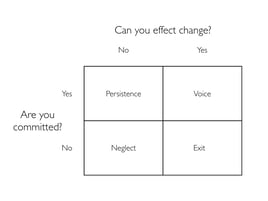 When you lead or manage a business for any length of time, you find people in your organization who have attitude problems.
When you lead or manage a business for any length of time, you find people in your organization who have attitude problems.
Topics: employee engagement, change, Performance Management, Mastering Leadership

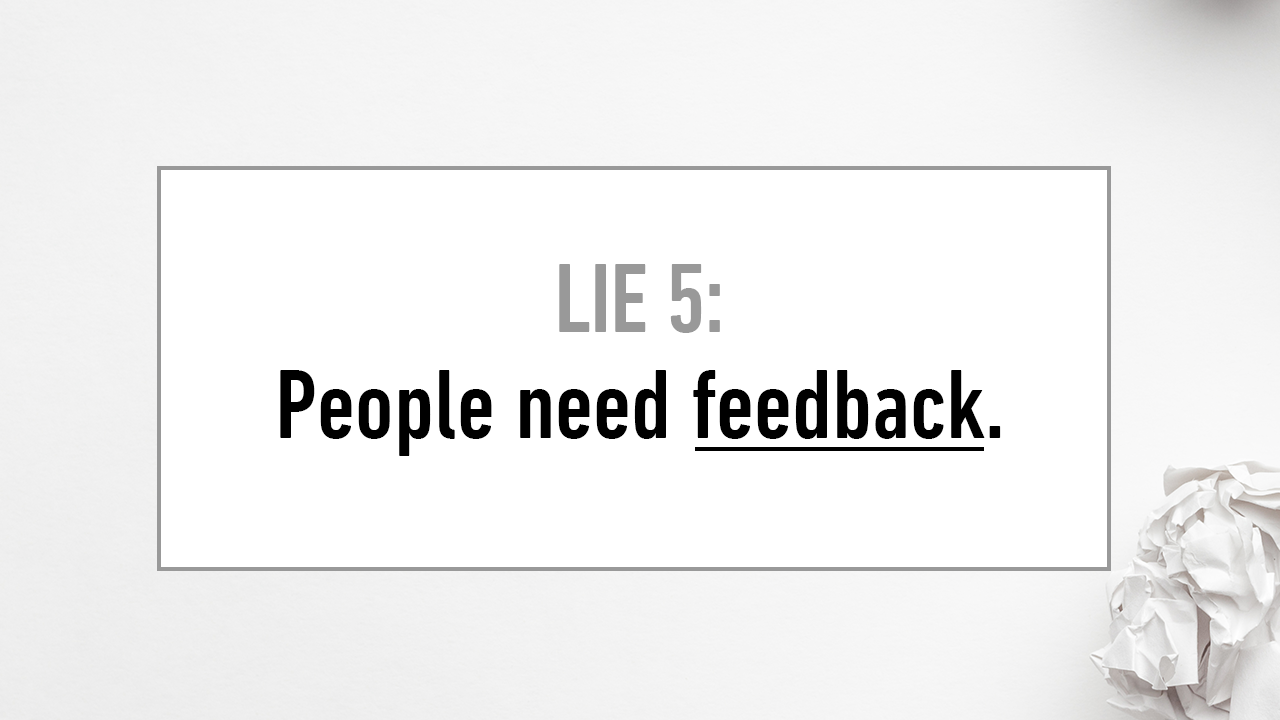
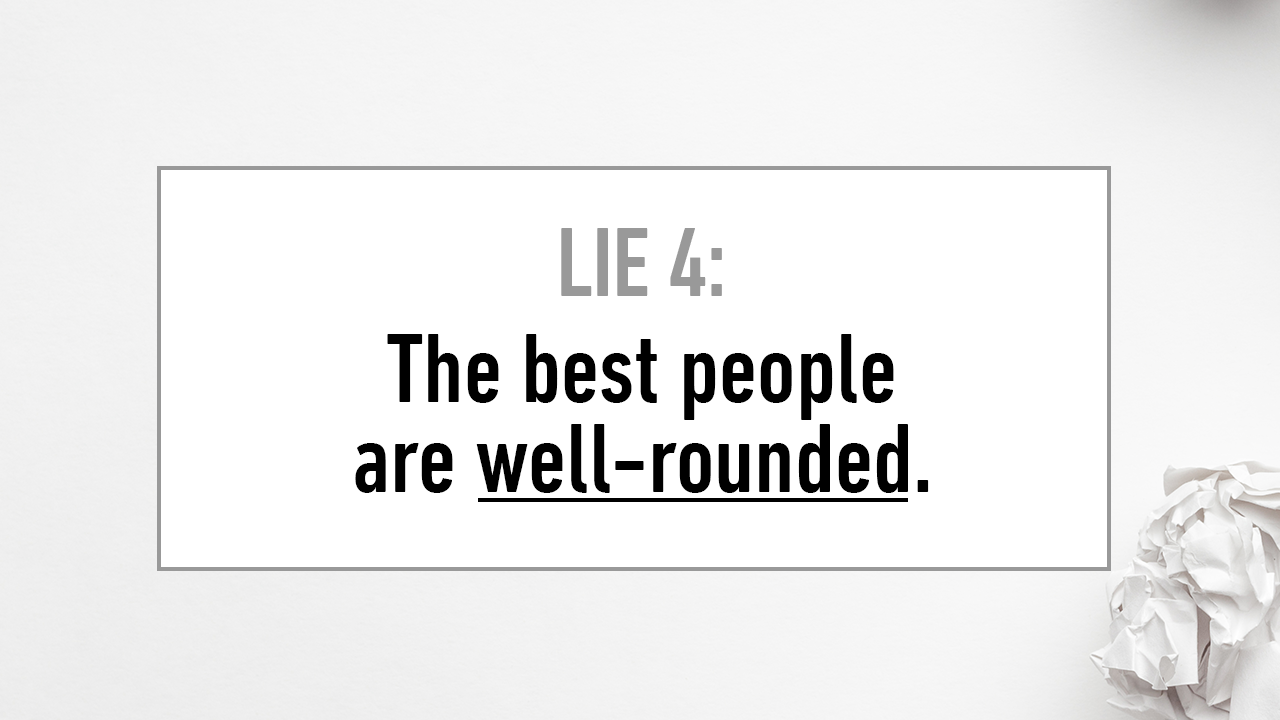
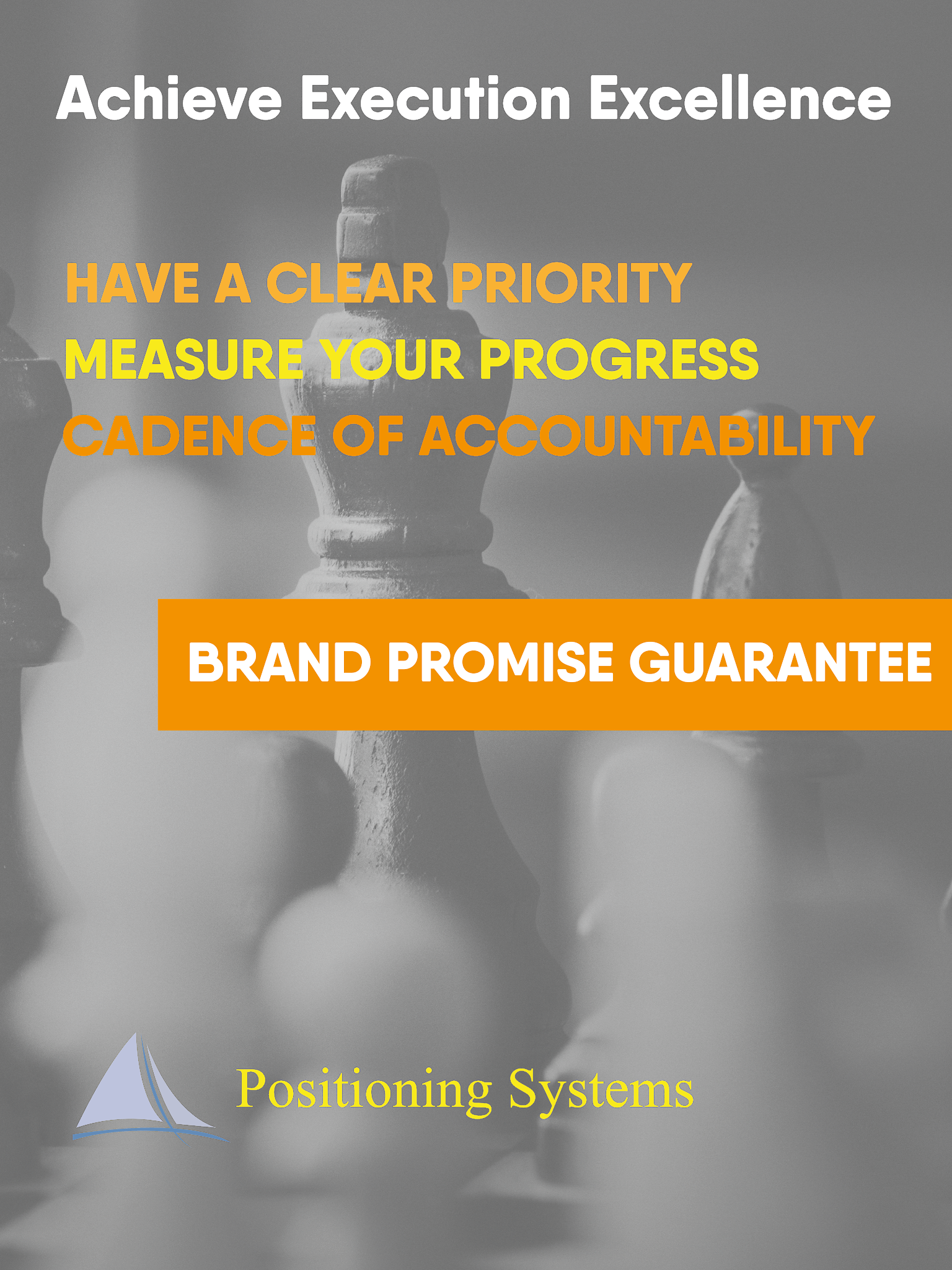

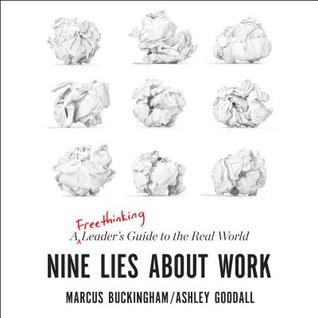
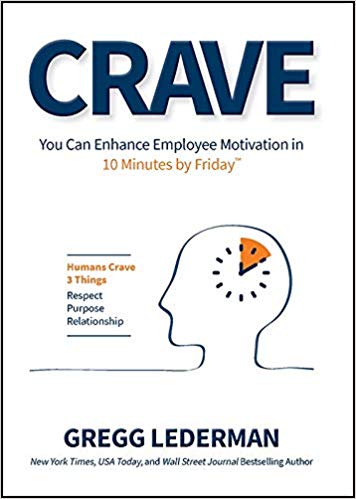

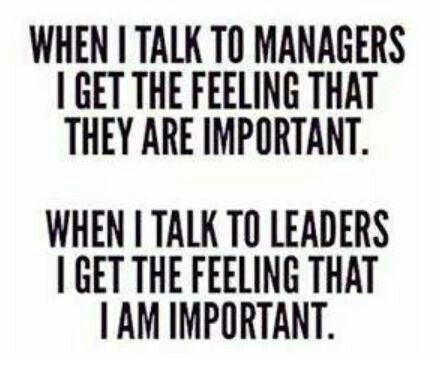





.jpeg?width=150&height=135&name=Hand%20with%20marker%20writing%20the%20question%20Whats%20Next_%20(1).jpeg)

